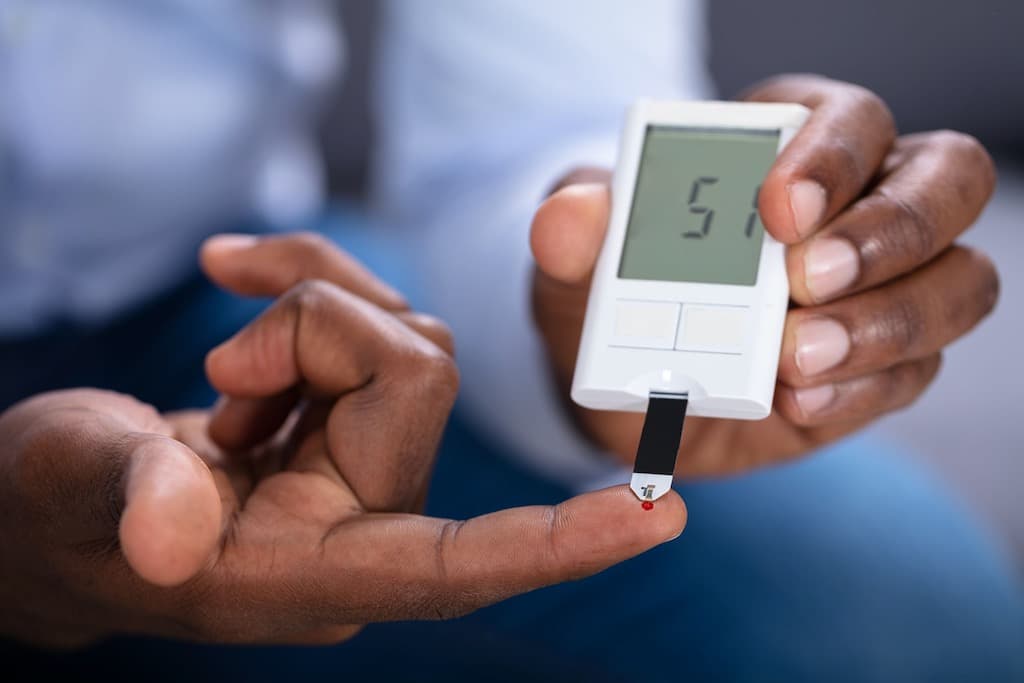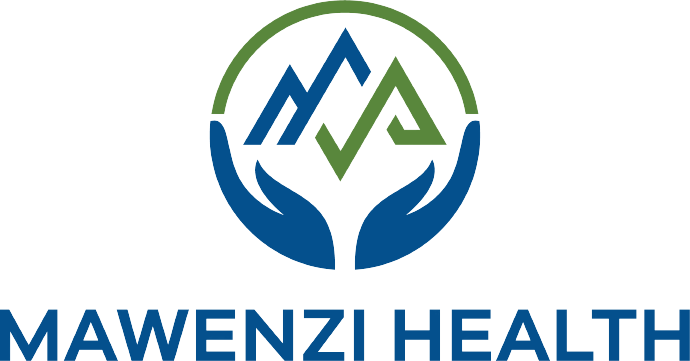Heart Failure Management

Remote Patient Monitoring (RPM) and Chronic Care Management (CCM) are critical components in managing heart failure, a complex chronic condition requiring ongoing monitoring and management. Integrating RPM with CCM provides a comprehensive approach to care that can significantly improve outcomes for heart failure patients. Here’s how these components work together:
Remote Patient Monitoring (RPM)
For heart failure patients, RPM can include:
- Vital Signs Monitoring: Devices to monitor and transmit heart rate, blood pressure, and oxygen saturation levels.
- Weight Monitoring: Daily weight measurements to detect fluid retention, a key indicator of heart failure exacerbation.
- Symptom Tracking: Apps or devices that allow patients to log symptoms, activity levels, and medication adherence.
- Personalized Care Plans: Detailed plans include medication management, lifestyle changes, symptom monitoring, and coordination of care services.
- 24/7 Access to Care : Patients have a way to contact healthcare providers in case of an emergency or for any questions regarding their condition.
- Care Coordination: Ensuring that all healthcare team members are informed about the patient's condition, treatments, and any changes in health status.
- Real-Time Data for Personalized Care: RPM provides real-time health data, enabling healthcare providers to tailor the CCM plan based on current health status.
- Enhanced Patient Engagement: : Patients are more engaged in their care, as RPM and CCM together provide them with feedback, education, and support to manage their condition.
- Improved Outcomes: The combination of real-time monitoring and comprehensive care management can lead to better health outcomes, including reduced hospitalizations and improved quality of life.
- Technology Selection: : Choosing user-friendly technologies that meet the specific needs of heart failure patients.
- Patient Education: Training patients on how to use RPM devices and the importance of adhering to their care plans.
- Data Integration Ensure RPM data seamlessly integrates into electronic health records for easy access by all care team members.
The benefits of RPM for heart failure patients include early detection of exacerbations, reduced hospital readmissions, improved quality of life, and empowerment of patients to manage their condition.
Chronic Care Management (CCM)
CCM is a care coordination service designed for Medicare beneficiaries with multiple chronic conditions, including heart failure. CCM focuses on creating a comprehensive care plan that addresses every aspect of a patient's care, including:
Integrating RPM with CCM for Heart Failure Patients
Integrating RPM with CCM offers a seamless approach to managing heart failure. This integration allows for:
Implementation
To effectively implement RPM and CCM for Health Failure, Mawenzi Health Inc collaborates with health centers and providers in
Reimbursement Understanding billing codes and reimbursement policies for RPM and CCM services.
By carefully integrating RPM with CCM, healthcare providers can offer a holistic and proactive approach to managing heart failure, leading to improved patient outcomes and higher satisfaction levels.
